UN urges global powers to renew cross-border aid delivery system into Syria
The United Nations (UN) has called on world powers to renew a system for a cross-border delivery of humanitarian aid to people in Syria that is due to expire later this week, stressing that there is no alternative to the current method.
“There is no plan B. There is this operation, which helps hundreds of thousands of people and has done so for a very long time,” said Jens Laerke, spokesman for the Office for the Coordination of Humanitarian Affairs (OCHA), on Tuesday.
Back in July 2014, the UN Security Council adopted Resolution 2165, allowing humanitarian convoys, headed for war-torn Syria, to cross the four border-crossings of Bab al-Salam and Bab al-Hawa in Turkey, al-Ya’rubiyah in Iraq, and al-Ramtha in Jordan.
It has been extended every year since, and its current mandate will expire on January 10.
“It is the only viable, sustainable method that we have for reaching these people in need so it is critical that we get renewal of the provisions,” Laerke further said at a press conference in the Swiss city of Geneva, adding that some 30,000 UN aid trucks had traveled into the Arab country through the crossings since the operation began.
In December, the UN Security Council raised the issue of the renewal of the delivery system with Belgium, Kuwait, and Germany, drafting a resolution that dropped the Jordan crossing in a bid to compromise with Russia, which wanted to approve only two Turkish crossings for six months and had proposed its own draft text.
Russia and China vetoed the rival resolution, arguing that the scheme, adopted five years ago without the Syrian government’s consent, had become irrelevant by 2019.
Vassily Nebenzia, the Russian ambassador to the UN, said at the time that delivering aid from Turkey and even Iraq had been justifiable, although legally questionable, back in 2014 because many Syrian civilians lived in hard-to-reach areas controlled by terrorists back then. However, Damascus in 2019 was strong enough to distribute humanitarian aid on its own, hence bypassing government checkpoints would be a sign of disrespect for the country’s sovereignty. “We live in 2019, not in 2014.”
Rounds of talks since then have failed to end the deadlock.
Elsewhere in his remarks on Tuesday, Laerke said some four million people in northern Syria were supported by UN cross-border humanitarian aid, including 2.7 million in the northwest parts of the Arab country who relied solely on it.
The aid is particularly important for Idlib Province, large parts of which are still under the control of foreign-backed militants and which is the scene of clashes between militants and advancing Syrian government troops.
According to the UN figures, at least 300,000 people have been internally-displaced by the fighting in the Idlib region since mid-December, raising the total number of displacements in the region to 700,000 over the last eight months.
1,000 strategic drones officially join combat units of Iranian Army
VIDEO | Germany, not just merely an economic recession
Discover Iran: Hormozgan, home to the last lenj boatbuilders of Persian Gulf
VIDEO | Condition of Gaza hospitals at the beginning of phase two recovery
VIDEO | Tehran metro station vandalized in attack by foreign-backed terrorists
VIDEO | Angry Iraqis set fire to Trump image, US flag
'It's simple — Trump's failing': Netizens rip into US warmongering against Iran
ICE shooting of protester in Minnesota


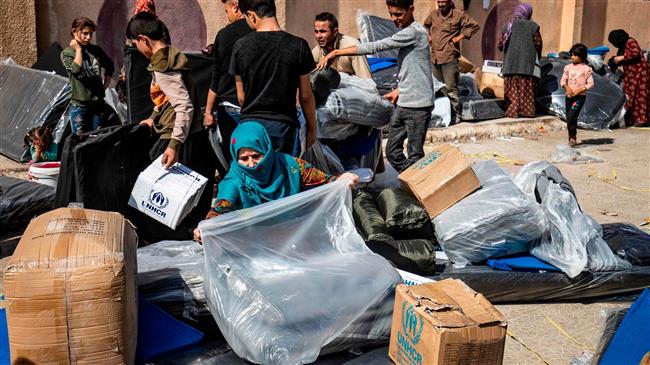

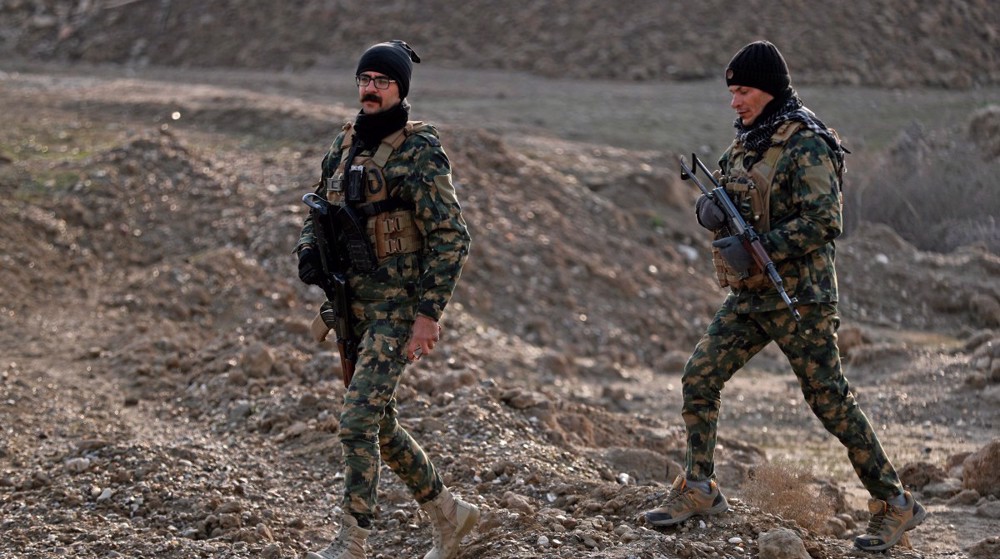
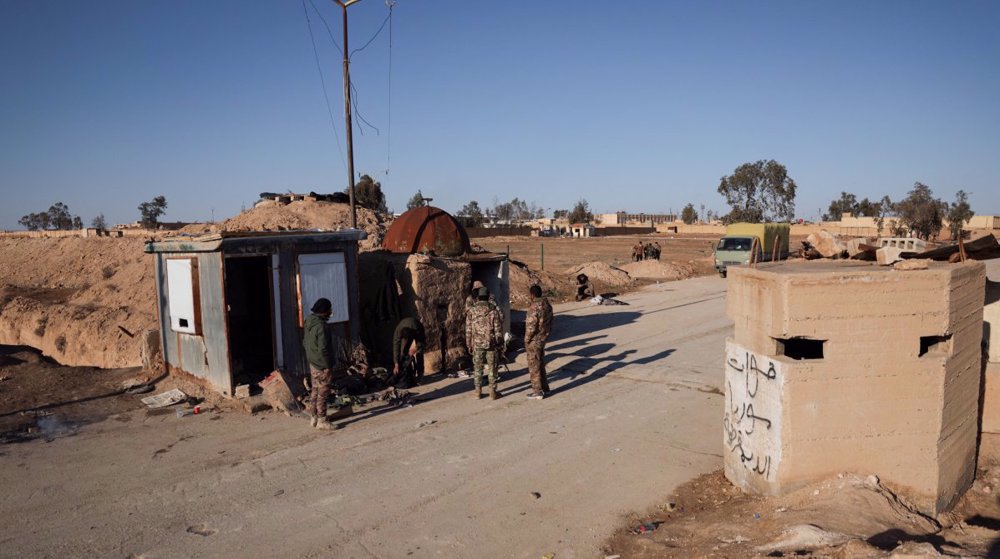
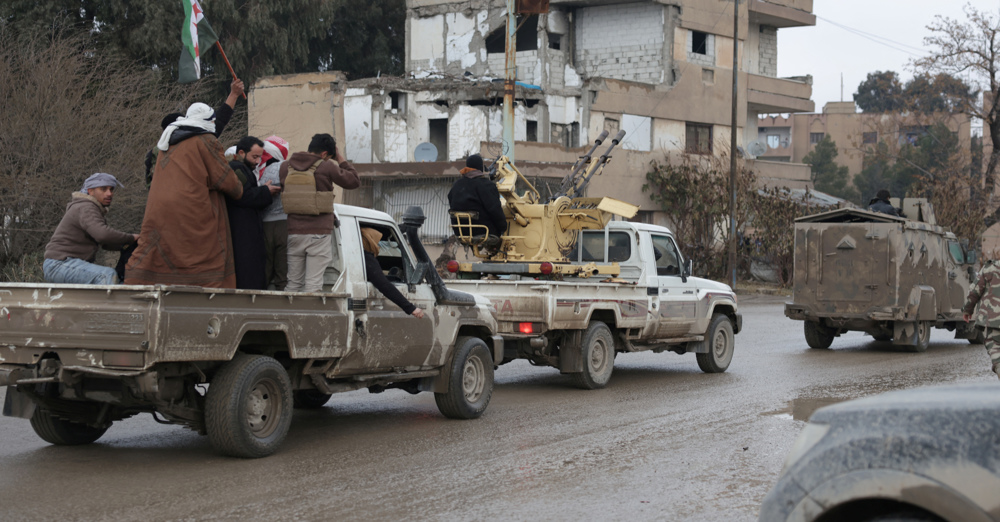



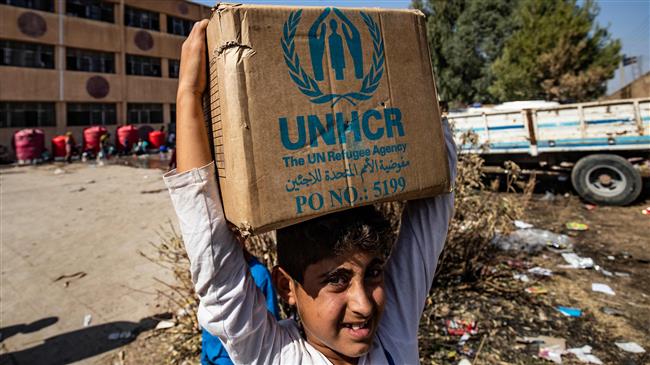
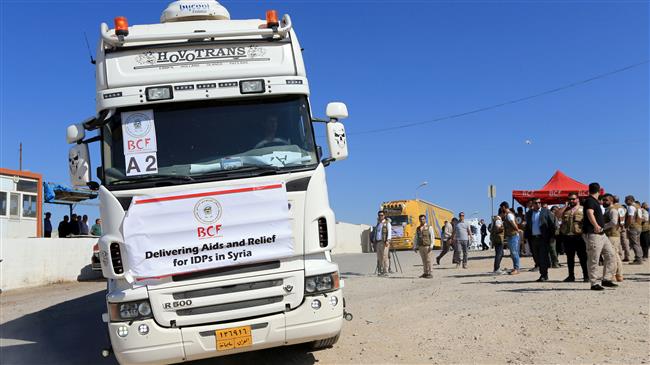
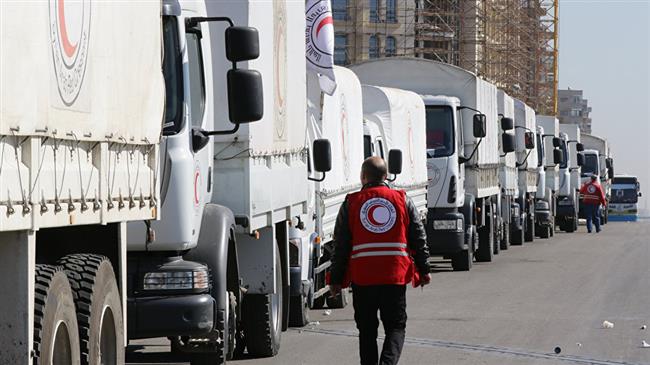
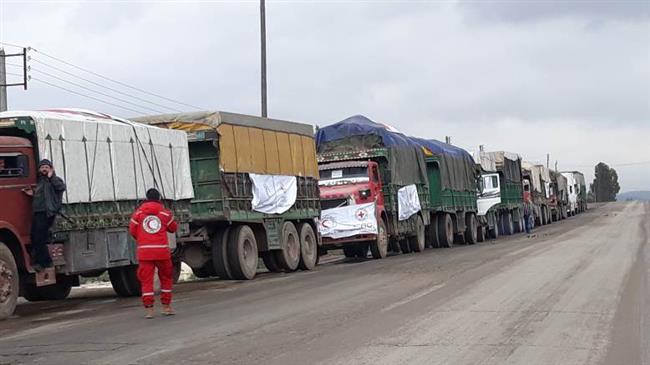
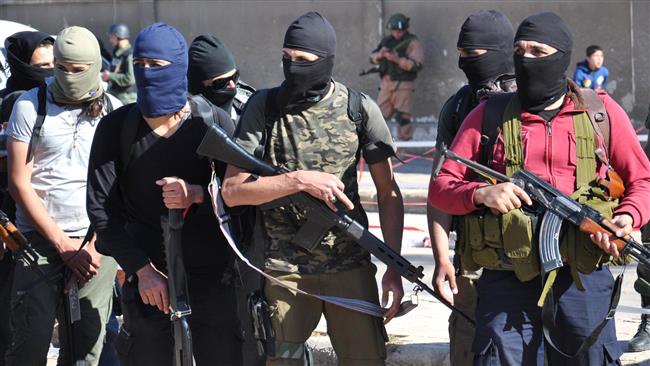

 This makes it easy to access the Press TV website
This makes it easy to access the Press TV website